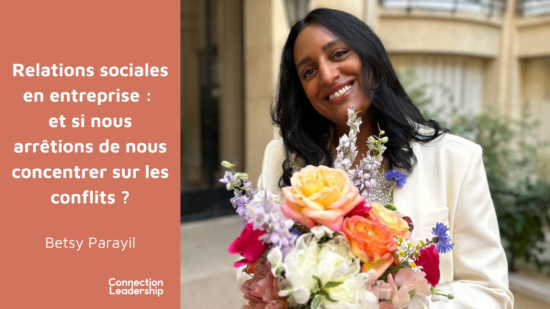
Social relations in the workplace: what if we stopped focusing on conflicts?
Social relations are a key element in the dynamics of any organization. However, they are often studied in terms of conflict, and seen as a source of inevitable tension.

In the frenzy of our modern daily lives, testimonials are multiplying: burn-outs, strokes, bodies pushed to their limits…
This raises a crucial question: are these cases the obvious result of a mismatch between the way we work and our fundamental needs?
The pressure of increased productivity, juxtaposed with downsizing and intensified workloads, seems to be leading us down a blind alley.
Is it conceivable to reconcile well-being with the demands of an ever-accelerating work environment, or should we abandon it as hypocritical?
The speed with which information reaches us, and to which we are expected to react, has a profound impact on our brains.
The acceleration of access to information, largely due to technological advances in information and communication, is changing our consumption habits and redefining expectations, creating constant pressure to act and decide quickly.
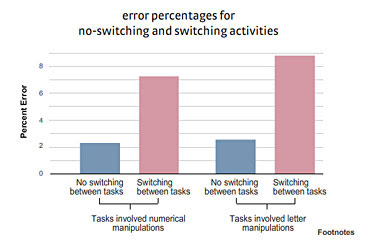
1CHEJingshang, SUN Hailong, XIAO Chenjie, LI Aimei.
Why information overload damages decisions?
An explanation based on limited cognitive resources[J].
Advances in Psychological Science, 2019, 27(10): 1758-1768.
2Rosen, C. (2008).
The Myth of Multitasking.
The New Atlantis, 20, 105-110.
http://www.jstor.org/stable/43152412
3Carrier, L. M., Rosen, L. D., Cheever, N. A., & Lim, A. F. (2015).
Causes, effects, and practicalities of everyday multitasking.
Developmental Review, 35, 64-78.
4Fox, J. R., Park, B., & Lang, A. (2007).
When Available Resources Become Negative Resources: The Effects of Cognitive Overload on Memory Sensitivity and Criterion Bias.
Communication Research, 34(3), 277-296.
A strange paradox then emerges: constant acceleration and the need to react instantaneously seem to have hampered managers’ ability to make decisions.
Submerged by an incessant cascade of emergencies, decision-makers find little opportunity for a strategic pause, as action and the demand for immediate concrete results take center stage, often eclipsing the necessary long-term reflection.
The result is a kind of information overload, where multiple subjects are tackled head-on without effective prioritization, creating a clutter that, contrary to all expectations, slows down the pace of the organization rather than speeding it up.
The question then arises: why don’t decision-makers decide anymore?
Perhaps the answer is that they are no longer assessed on their ability to choose wisely, but rather on their ability to maintain a steady pace, to demonstrate that they don’t lose a second, that everything is under control, with no room for error.
The implicit decision – which in reality is no decision at all – is to favour speed at all costs.
Priorities are relegated to the background, strategic decisions are postponed for immediate action, even though a few minutes’ reflection could often suffice to set a clearer, more effective course.
In a world where every subject seems to have equal urgency, organizations find themselves bottlenecked, the machine slows down, with nothing defined as more crucial than the rest.
Tools for assessing workload in relation to a specific objective are neglected, and few organizations take the time to truly measure the scope of their tasks.
Paradoxically, by constantly striving to accelerate, we need to relearn the art of slowing down, so that we can decide more prudently and move forward more surely.
Thanks to its plasticity, the brain can develop new strategies for managing information and tasks.
Recognizing these challenges is the first step towards better time and attention management, with the adoption of techniques such as mindfulness and more structured working methods to counteract these deleterious effects.
Mindfulness is a concrete technique that can be integrated into our daily routine to help us better manage the challenges of work.
In this way, we can learn to be fully present, strengthening our ability to concentrate and make more thoughtful decisions.
In a world where speed is often synonymous with success, we are constantly pushed to prioritize certain tasks to the detriment of others.
Yet it’s not so much speed that’s at issue, but our ability to prioritize our actions effectively.
We’re trained to want things done quickly, under tight deadlines that are often difficult to meet.
Why the rush?
Because the culture of “everything, right away” is deeply rooted in our professional and personal practices.
It’s imperative to relearn how to prioritize, but also how to deprioritize.
This means accepting that certain tasks can wait, or even be abandoned, in favor of others that are more essential and strategic.
This is not procrastination, it’s strategic priority management.
Employees, caught up in the hustle and bustle of daily life, often don’t have the time to stop and absorb the information they need to understand an ongoing transformation.
The frenzy of content consumption, e-mails and back-to-back meetings creates an environment where stopping seems impossible.
Yet the key lies in a simple tool that has become paradoxical in its rarity: the evaluation of workload in relation to set objectives.
This practice, though fundamental, is often relegated to the background, leaving the way open to disorganization where the volume of work is no longer in line with the real capacities of the teams.
Another aspect of project management is asking the right questions.
What will be everyone’s roles?
What methodology should be adopted?
What will be the roadmap, adapted to the team’s capabilities?
Adopting tools such as the RACI matrix can clarify the distribution of tasks and responsibilities.
In short, in a world where speed is king, well-being seems to have been relegated to utopian status.
However, we firmly believe that it is possible to reintegrate it through a holistic transformation of corporate practices.
By recognizing the challenges and implementing concrete strategies, we can navigate this acceleration, sometimes challenging it, while preserving our physical and mental integrity.
Transformation is within our grasp, provided we dare to question our priorities and redefine our working methods.
If you’re working on these transformational issues, or would like to develop them further, get in touch with us to find out more about Connection Leadership’s practical solutions.
Plus qu’un cabinet de conseil, Connection Leadership est votre partenaire dans la transformation holistique. Our approach, based on transversality and pragmatism, brings you all the necessary elements to co-construct the transformation of your company. This co-construction is carried out with all levels of the company to improve collective commitment. Our coaching and transformation programs are designed to bring impact and concrete results, ultimately empowering you in your transformation.

Social relations are a key element in the dynamics of any organization. However, they are often studied in terms of conflict, and seen as a source of inevitable tension.
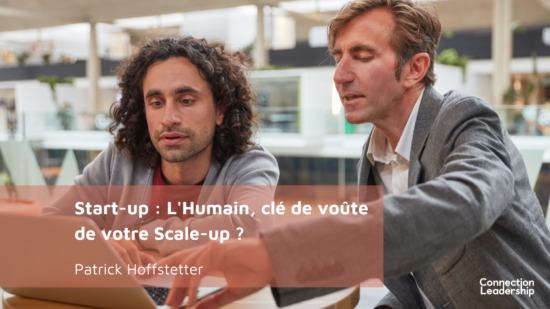
Rapid growth is both stimulating and crucial for any developing company. But as your organization sets out to reach new heights, it’s essential that success doesn’t rely solely on technical decisions and processes…
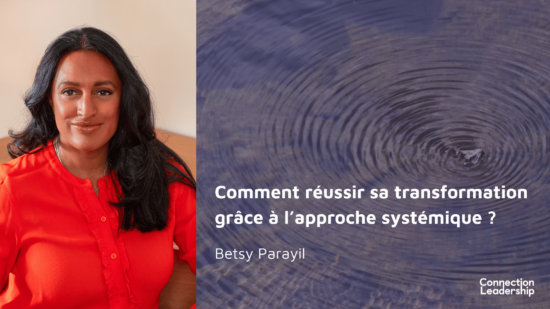
In an ever-changing world, where companies are faced with increasingly complex challenges, it is essential to develop innovative approaches to effectively support their transformation. The systemic approach is proving to be a powerful tool

While the tertiary sector dominates the media, industry remains an essential pillar of the French landscape.
Paint, coatings, metallurgy… On a daily basis, many industries connect us to the world and to age-old know-how.

In a constantly changing world, marked by the complex workings of the 4th industrial revolution and the growing urgency of the ecological and energy transition, the challenges facing companies are more numerous than ever.
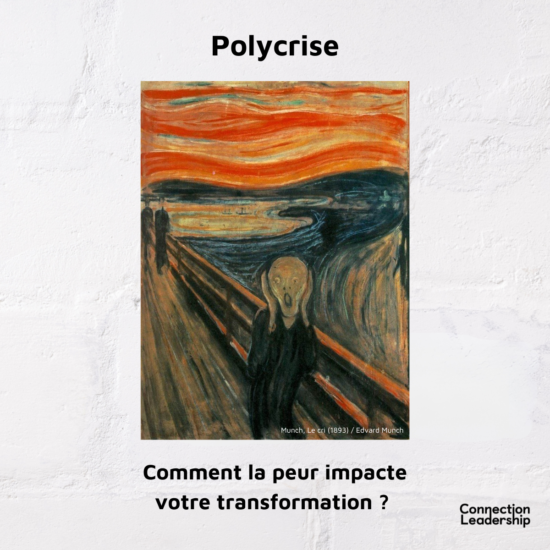
Where the concept VUCA (Volatile, Uncertain, Complex, Ambiguous) has long been used to describe this ever-changing world, another term, “polycrisis”, evoked by sociologist and philosopher Edgar Morin, now finds particular resonance.